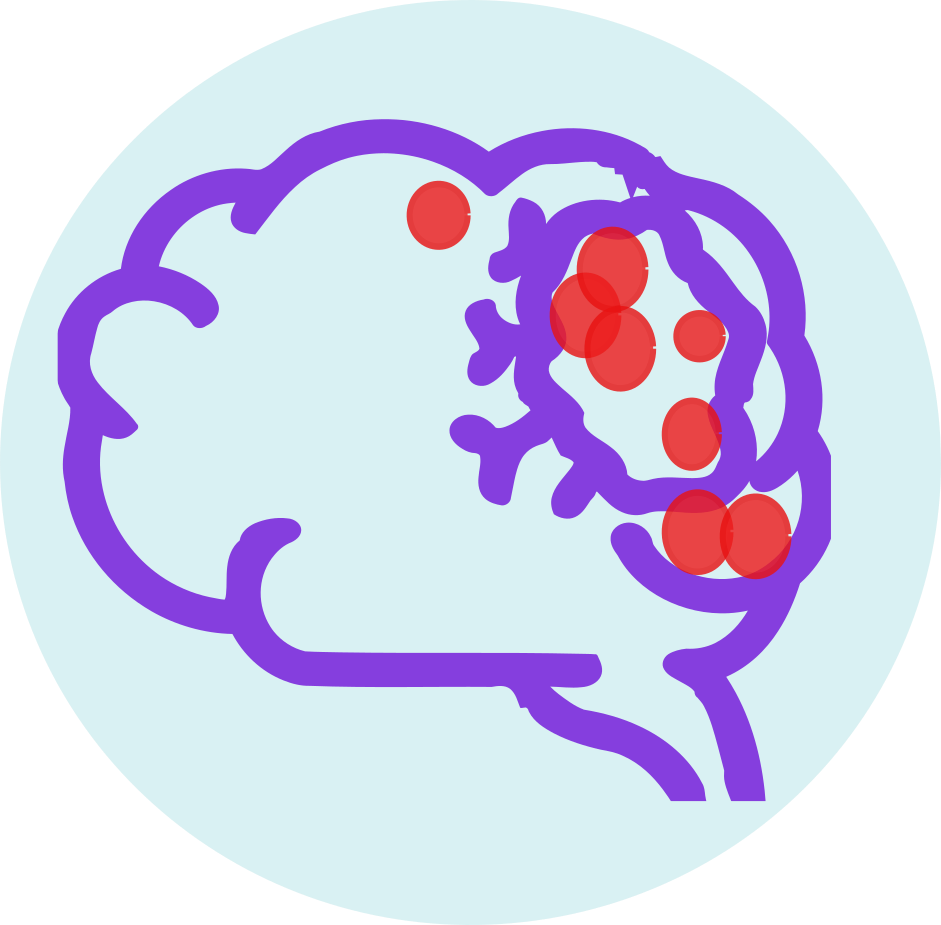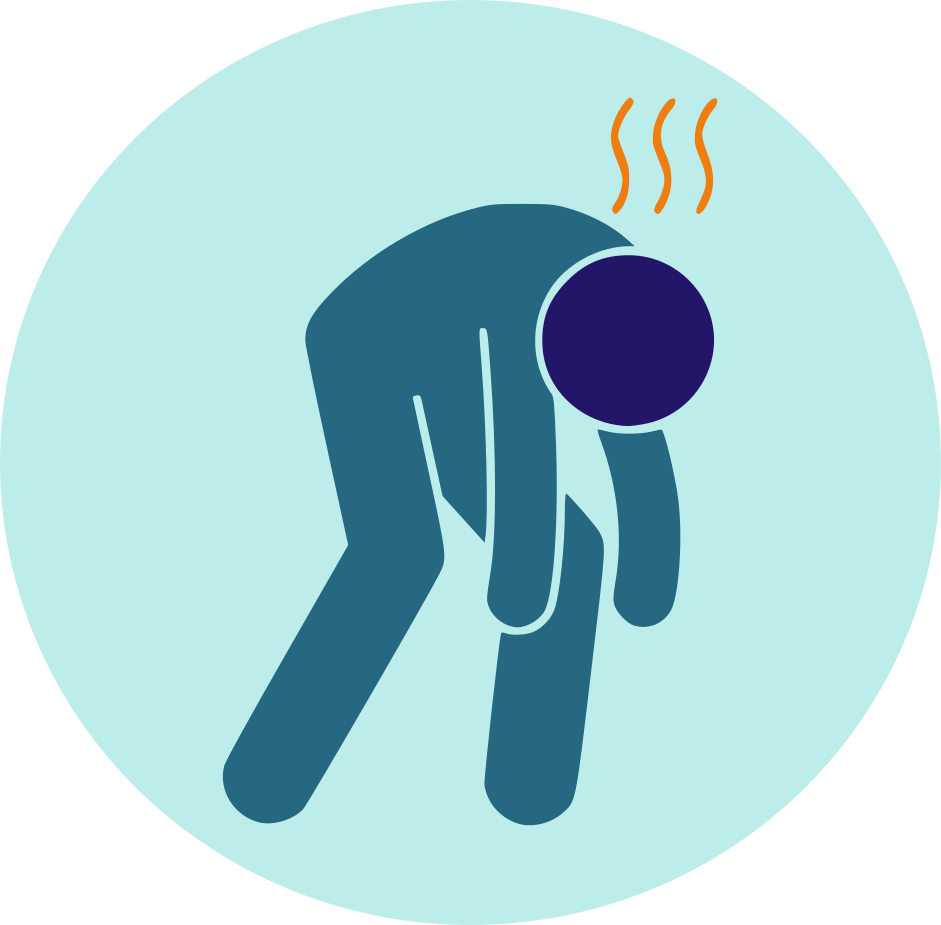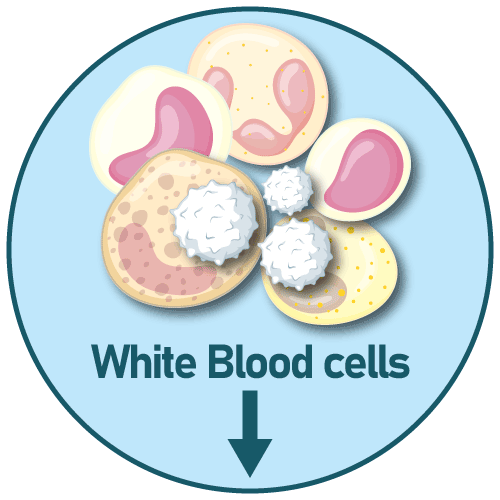| Name | Temozolomide Hydrochloride |
| Classes |
Anticancer/Antineoplastic Agent Alkylating Agent |
| Diseases |
Brain Tumor Cancer |
Temozolomide Hydrochloride
Temozolomide Hydrochloride is an alkylating antineoplastic agent. It belongs to the class of imidazotetrazine derivatives. The drug's mechanism of action involves the formation of DNA adducts, leading to DNA strand breaks and inhibition of DNA synthesis. Temozolomide is specifically used for the treatment of certain types of brain tumors.
Temozolomide Hydrochloride is indicated for the treatment of adult patients with:
- Newly diagnosed glioblastoma multiforme (GBM) concomitantly with radiotherapy and then as maintenance treatment.
- Refractory anaplastic astrocytoma patients who have experienced disease progression on a drug regimen containing nitrosourea and procarbazine.
- Newly diagnosed GBM: Administer 75 mg/m2 daily for 42 days concurrently with localized radiotherapy, followed by an initial maintenance dose of 150 mg/m2 once daily on Days 1-5 within a 28-day cycle of Temozolomide Hydrochloride for six cycles.
- Refractory Anaplastic Astrocytoma: Begin with an initial dose of 150 mg/m2 once daily for five consecutive days in a 28-day treatment cycle.
The recommended dosage for Temozolomide Hydrochloride as an intravenous infusion lasting 90 minutes is identical to the oral capsule formulation's dose. Bioequivalence was only established when Temozolomide Hydrochloride for Injection was administered over 90 minutes.
- The most common adverse reactions (≥10% incidence) are alopecia, fatigue, nausea, vomiting, headache, constipation, anorexia, convulsions, rash, hemiparesis, diarrhea, asthenia, fever, dizziness, coordination abnormal, viral infection, amnesia, and insomnia.
- The most common Grade 3 to 4 hematologic laboratory abnormalities (≥10% incidence) that have developed during treatment with temozolomide are lymphopenia, thrombocytopenia, neutropenia, and leukopenia.
- Allergic reactions have also been reported.
- Myelosuppression: monitor Absolute Neutrophil Count (ANC) and platelet count prior to dosing and throughout treatment. Geriatric patients and women have a higher risk of developing myelosuppression.
- Cases of myelodysplastic syndrome and secondary malignancies, including myeloid leukemia, have been observed.
- Pneumocystis pneumonia (PCP) – PCP prophylaxis is required for all patients receiving concomitant Temozolomide Hydrochloride and radiotherapy for the 42-day regimen for the treatment of newly diagnosed glioblastoma multiforme.
- All patients, particularly those receiving steroids, should be observed closely for the development of lymphopenia and PCP.
- Complete blood counts should be obtained throughout the treatment course as specified.
- Hepatotoxicity – fatal and severe hepatotoxicity have been reported. Perform liver function tests at baseline, midway through the first cycle, before each subsequent cycle, and approximately two to four weeks after the last dose of Temozolomide Hydrochloride.
- Fetal harm can occur when administered to a pregnant woman. Women should be advised to avoid becoming pregnant when receiving Temozolomide Hydrochloride.
- As bioequivalence has been established only when given over 90 minutes, infusion over a shorter or longer period may result in suboptimal dosing; the possibility of an increase in infusion-related adverse reactions cannot be ruled out.
Contraindication
Known hypersensitivity to Temozolomide Hydrochloride or any of its components or to dacarbazine (DTIC).
None known.
None known.
 Bangla
Bangla English
English







